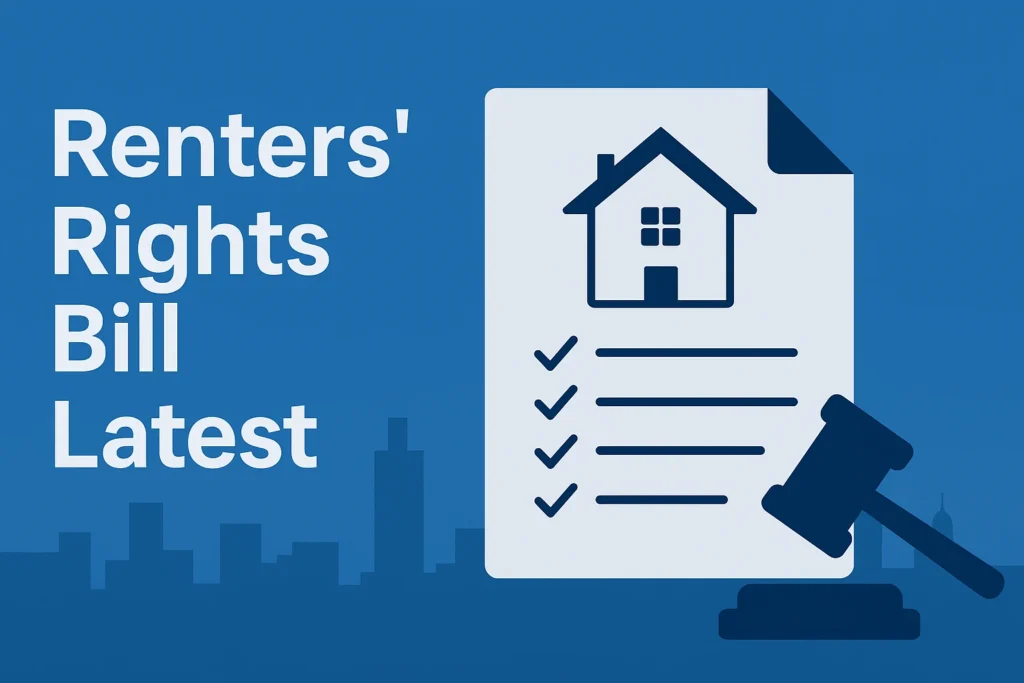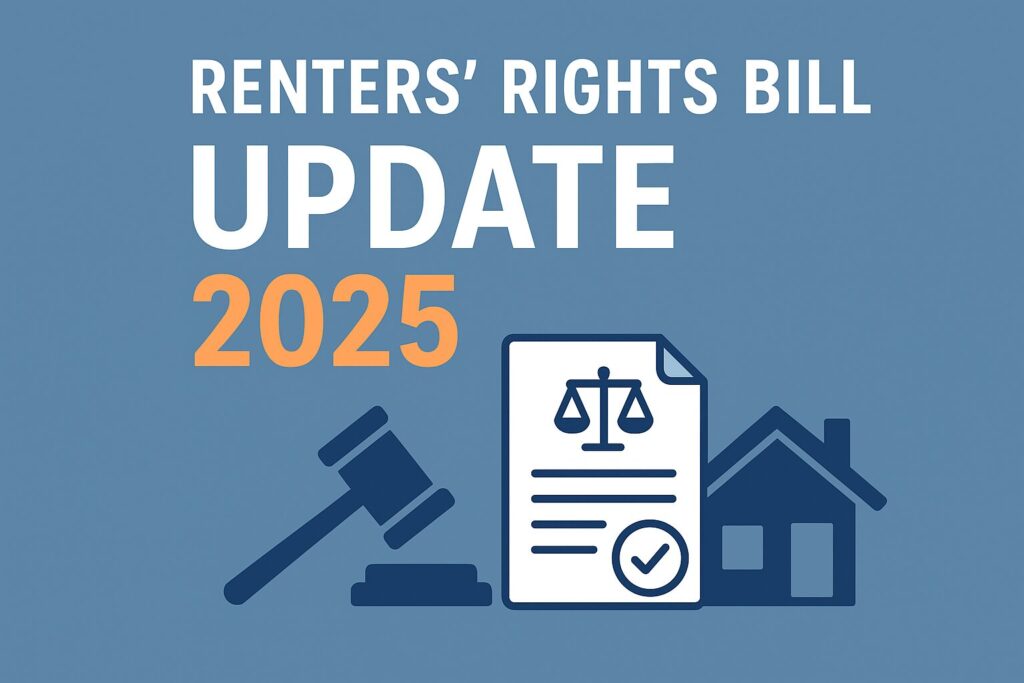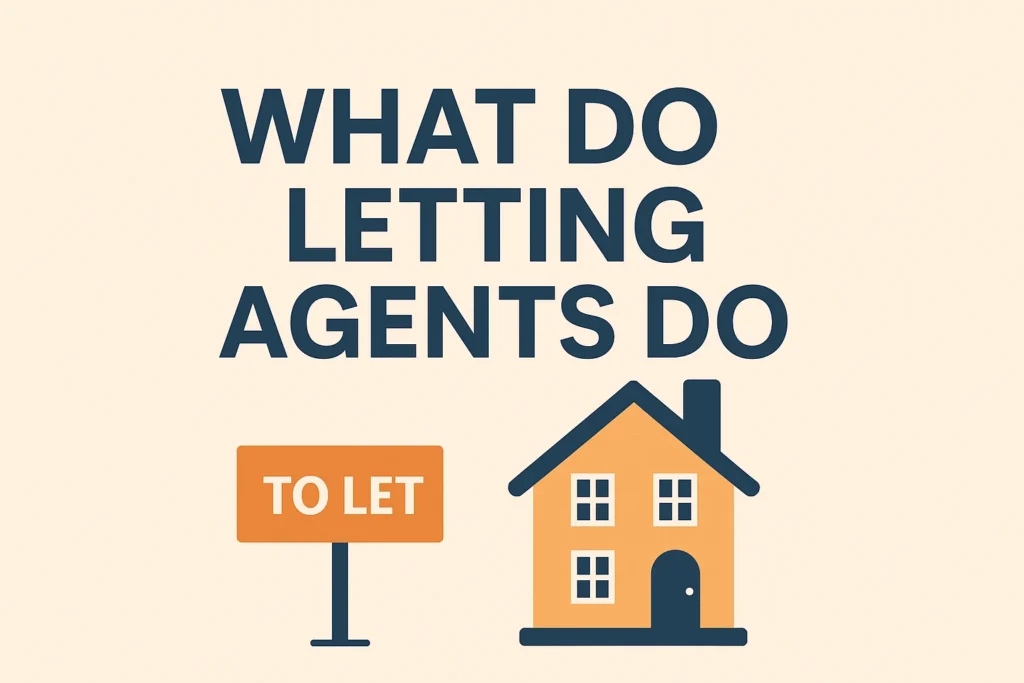Renters Reform Bill Changes Coming in 2025
The UK Government is introducing one of the most significant overhauls of rental legislation in decades. The Renters Reform Bill, expected to pass fully in late 2025, is designed to modernise the private rental sector and rebalance the rights of tenants and landlords.
Here’s a breakdown of the upcoming Renters Reform Bill changes and what they mean for you.
1. Section 21 ‘No-Fault’ Evictions to Be Abolished
One of the most talked-about changes is the end of Section 21 notices, which allow landlords to evict tenants without providing a reason.
Implication: Landlords must now rely on a revised Section 8 process, meaning valid grounds (e.g., rent arrears, antisocial behaviour) will be required for eviction.
2. All Tenancies to Become Periodic
The bill proposes a shift away from fixed-term contracts. All tenancies will become open-ended periodic agreements, giving tenants more flexibility to move out with two months’ notice.
Landlords will only be able to end tenancies using the defined Section 8 criteria.
3. Tenants Will Have the Right to Request Pets
Under the new rules, tenants will have the legal right to request to keep a pet.
Landlords cannot unreasonably refuse but can request pet insurance to cover potential damages.
4. New Property Ombudsman Scheme
Landlords must join a single, government-approved ombudsman scheme, which gives tenants free access to dispute resolution.
This will increase accountability and transparency in private renting.
5. Rent increase changes
Rent increases can only happen once a year and only via a Section 13 notice, and can’t exceed the current market rate. As well as this, bidding wars will be banned, so landlords must publish an asking rent and cannot accept bids above that amount. This removes landlords being able to increase rents in multiple ways, such as by creating a new fixed term tenancy agreement.
6. Mandatory Digital Property Portal
A national database listing all landlords and properties will be created, and landlords will be required to register and upload valid safety certificates before marketing their properties. Whilst this exists today in some local councils, this will be a new requirement for millions and likely require an annual fee.
7. Non-discrimination requirements
Landlords won’t be allowed to discriminate against potential tenants on benefits, and also will have no right to refuse pets. Mortgage and insurance terms that include this subject will be unenforceable.
What Do These Renters Reform Bill Changes Mean for Landlords?
You’ll need solid documentation and legal grounds for evictions.
Compliance with safety and transparency will be critical.
Property management support will be more valuable than ever.
Whilst these changes may force landlords to exit the market completely, we believe they are mostly fair and won’t impact the good landlords amongst us too much.
Here at Novellus we’ll promise to keep up to date with the latest regulations and sector changes, and will ensure your buy to let property remains fully compliant with our fully managed (or HMO) service. Get in touch today to find out more!
❓FAQ – Renters Reform Bill Explained
When will the Renters Reform Bill come into effect?
It is expected to be enacted fully between October 2025 – January 2026.
Can landlords still evict tenants under the new law?
Yes, but only through revised Section 8 grounds.
Will current tenancies be affected?
Yes – existing fixed-term tenancies will transition into periodic ones once the law takes effect.



